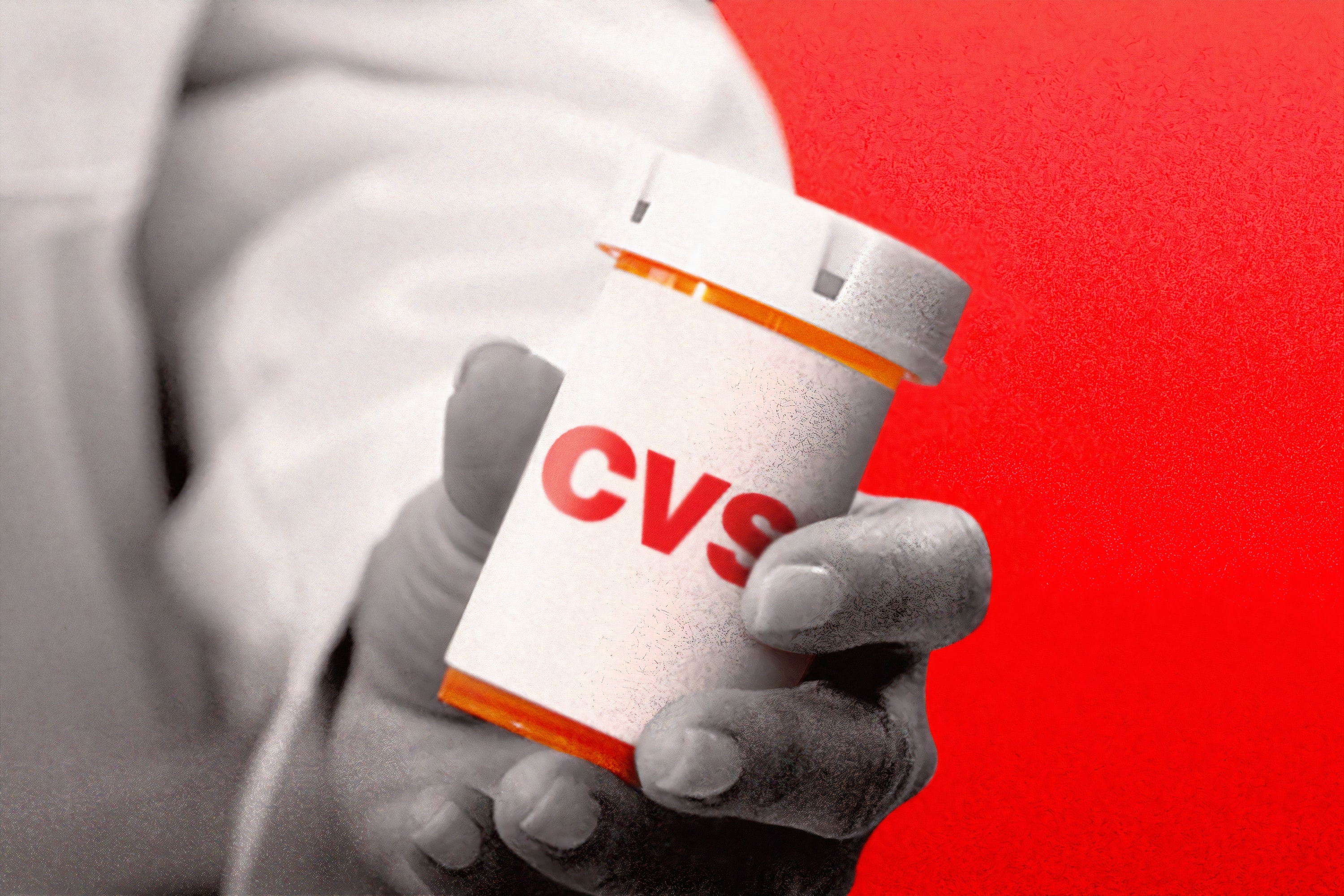Despite widespread knowledge regarding the dangers of overprescribing addictive meds, it’s still happening.
Even despite the widespread lawsuits and dissemination of safe opioid prescription guidelines issued by the Centers for Disease Control and Prevention (CDC) in 2016, a recent investigation found that physicians and dentists are still routinely overprescribing these addiction medications. Reviewing public data and government studies, the report found that enough opioid prescriptions are being issued each year for half of all Americans to have one and patients still have more than twice the volume of opioids considered to be safe.
“We’re 5% of the world’s population, but we consume 80% of the world’s prescription opioids,” said Dr. Jonathan Chen, a physician and researcher at Stanford University Medical Center. “It’s not just a handful of doctors doing it. We kind of all are. It’s become part of our culture that this is normal.”
In 2018, the data showed more than 1 in 5 Americans had an opioid prescription filled, according to the Centers for Disease Control and Prevention (CDC), and approximately forty Americans died each day during the same year after taking them. Despite what some believe, more patients are dying from doses issued by prescribers than by using street drugs, including fentanyl and heroin.

“We’ve had an attitude about opioids that they are similar to antibiotics, where you can prescribe and forget,” said Travis Rieder, a bioethicist at Johns Hopkins University. “That’s a crazy view for a medicine like opioids.” Following a motorcycle accident several years ago, he himself struggled with addiction, explaining, “I’d just call the surgeon, and he’d up the dose. They kept writing the prescriptions, and I kept taking them.”
Doctors and dentists have endured less scrutiny than opioid manufacturers for their role in the crisis. In 2014, the American Medical Association (AMA) formed an opioid task force, charged in part with reforming physician practices, but the practice still continues.
“Physicians feel like we had a role to play and we wanted to be part of the solution,” said Dr. Patrice Harris, head of AMA’s initiative. “Prescribing has been going down since 2012, but we wanted to get the word out that physicians should be more judicious.”
A CDC study released in May of this year found physicians routinely ignore the federal agency’s guidelines.
“It’s possible some clinicians just simply aren’t aware of existing evidence-based recommendations,” said Christina Mikosz, one of the CDC’s lead researchers studying opioid prescribing, adding, “The other possibility is that they are aware and they just choose not to follow them.”
She used fibromyalgia as an example, saying, “Patients with fibromyalgia were typically prescribed at least a full month supply of opioids.” Other common ailments for which large opioid prescriptions are still being issued include strained muscles, lower back pain, and migraines.
“There was a study of people who go to the hospital with a twisted ankle,” said Keith Humphreys of Stanford University. “One in eight of them is coming out with opioids. That’s crazy.”
And emergency room doctors see the issue firsthand on a daily basis.
“The number of adults that received any opioid prescription during the year was quite high,” said lead researcher Laura Burke, an ER doctor who teaches at Harvard Medical School. “Many, many shifts, probably most, I see the devastating consequences of addiction and overdose and all the complications associated with opioid use disorder.”
However, the AMA remains hopeful that a shift towards proper opioid prescribing will happen in the coming years with the information that has been distributed and with increasing public awareness of the dangers of these drugs. It’s just a matter of ensuring the dentists and doctors have adequate alternatives.
“Doctors are absolutely willing to have alternatives if they are in the toolbox,” said the AMA’s Harris. “We have to make sure the solutions, the alternatives to opioids, are equitably available.”
Sources:
Medical Professionals Still Prescribing Dangerously High Amounts Of Opioids In U.S.
NPR Investigation: Opioids Are Still The King For Many Doctors, Dentists


Join the conversation!